The best sunglasses for the ski slopes
Mountain-bound this winter? Here's how to protect your peepers, plus a selection of specs that are easy on the eyes in more ways than one
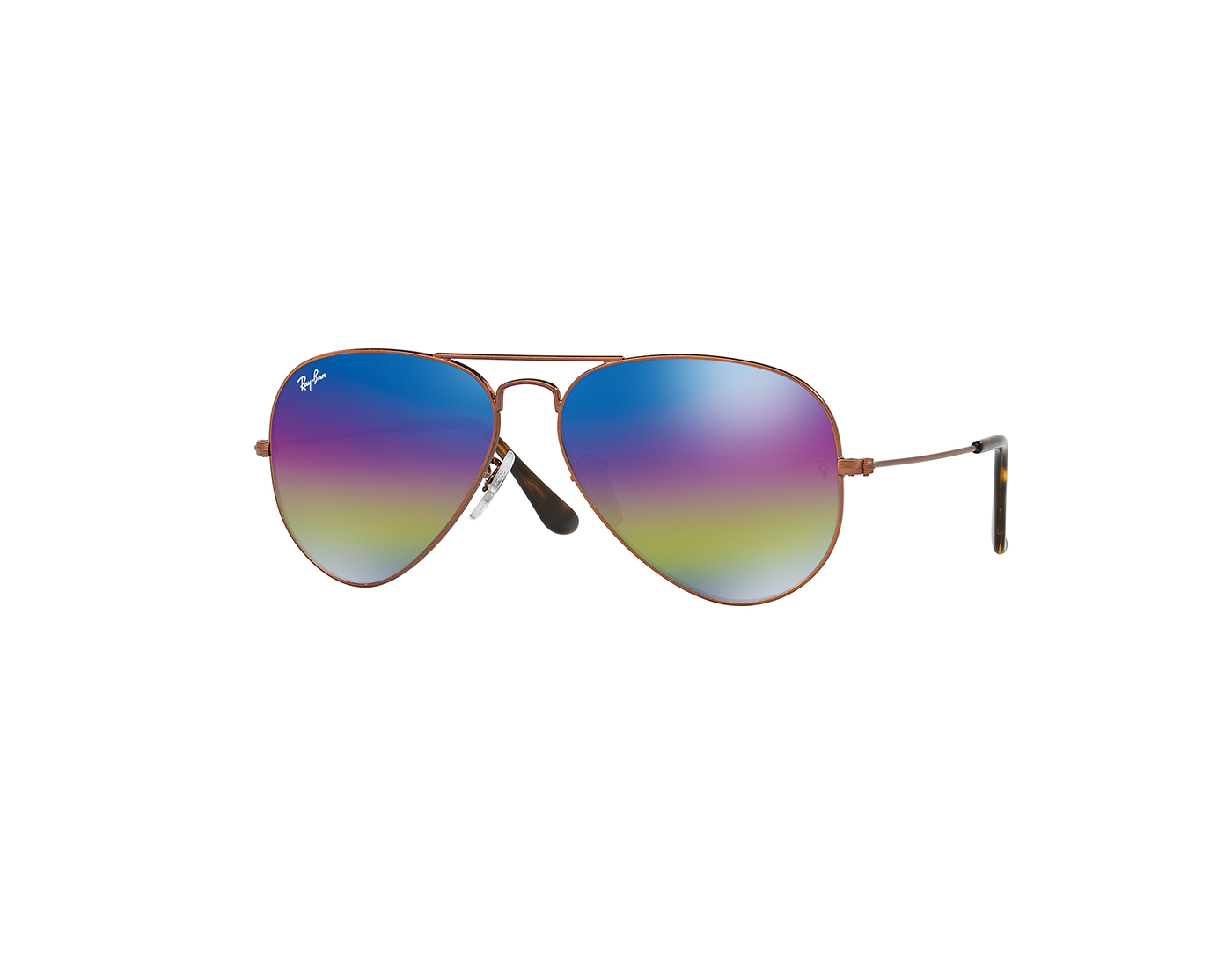
A free daily email with the biggest news stories of the day – and the best features from TheWeek.com
You are now subscribed
Your newsletter sign-up was successful
Wearing sunglasses during winter was once akin to donning them at night – the sign of a poseur. However, today we have a better understanding of the dangers of ultraviolet light (UV) and why we should protect our eyes from glare even during the darker depths of the year.
Getting it right on the ski slopes is particularly important due to the combination of super-reflective snow creating extremely strong glare and the fact that at higher altitudes there is far less atmosphere to filter out UV rays.
Having the wrong sunglasses or wearing none at all are the biggest causes of eye injuries in winter sports, either through UV damage or not being able to see hazards effectively. A suitable pair of sunnies is as important a piece of kit as skis or snowboard.
The Week
Escape your echo chamber. Get the facts behind the news, plus analysis from multiple perspectives.

Sign up for The Week's Free Newsletters
From our morning news briefing to a weekly Good News Newsletter, get the best of The Week delivered directly to your inbox.
From our morning news briefing to a weekly Good News Newsletter, get the best of The Week delivered directly to your inbox.
Thankfully, the customisability of sunglasses is better than ever so your perfect pair is definitely out there. You can chop and change between these options to find the right lenses for you – be that polarised, mirrored, photochromic, prescription or a combination of the above.
UV protection
When you're wearing darker lenses, your pupils naturally dilate, letting in more light, so if your sunnies are not UV protected (100 per cent protection is what you're looking for), then you're exposing yourself to potentially serious damage. UV protection should always be clearly stated on the glasses – if it isn't, don't buy them.
Polarised lenses
A free daily email with the biggest news stories of the day – and the best features from TheWeek.com
Glare is especially strong when reflected by snow. Polarised lenses all but eliminate glare, preventing you squinting (which can cause headaches) or getting dazzled (which is dangerous). The only disadvantage is they reduce glare so well you may not be able to distinguish regular snow from patches of ice. If this is a concern, you might want to try...
Mirrored lenses
These are great for serious sportspeople as they reduce glare but do not get rid of it completely. That should allow you to spot any of those icy patches out there on the black runs.
Photochromic lenses
Also called light-adaptive lenses, these change their tint depending on available light conditions so you don't have to change your glasses at all, regardless of how much sun you encounter. As such, they're the perfect all-rounder for a full day out on the slopes.
Five of the best
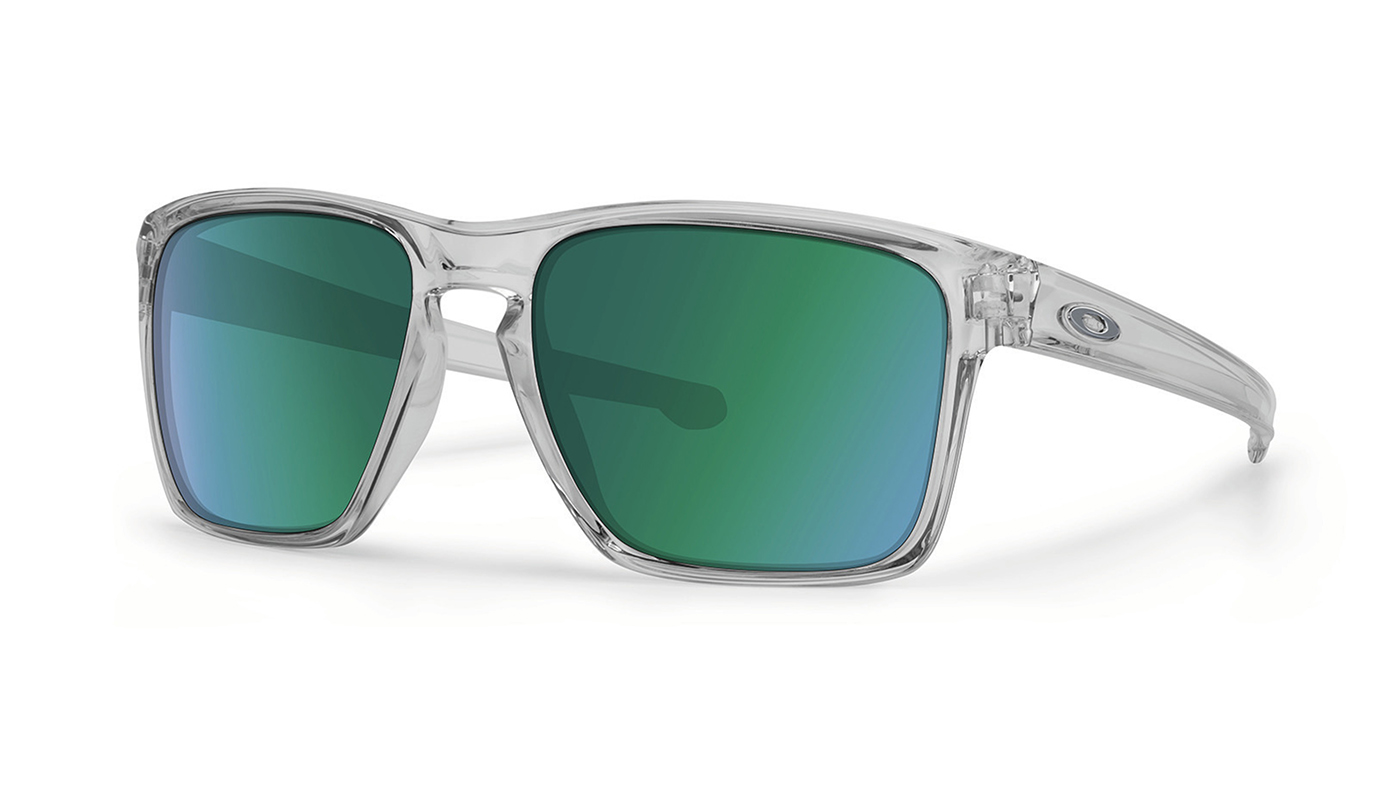
Oakley Sliver XL, £110
Designed specifically for the sportsperson, these glasses are lightweight for comfort, can come with polarised lenses and are wide to avoid light getting in at the sides.
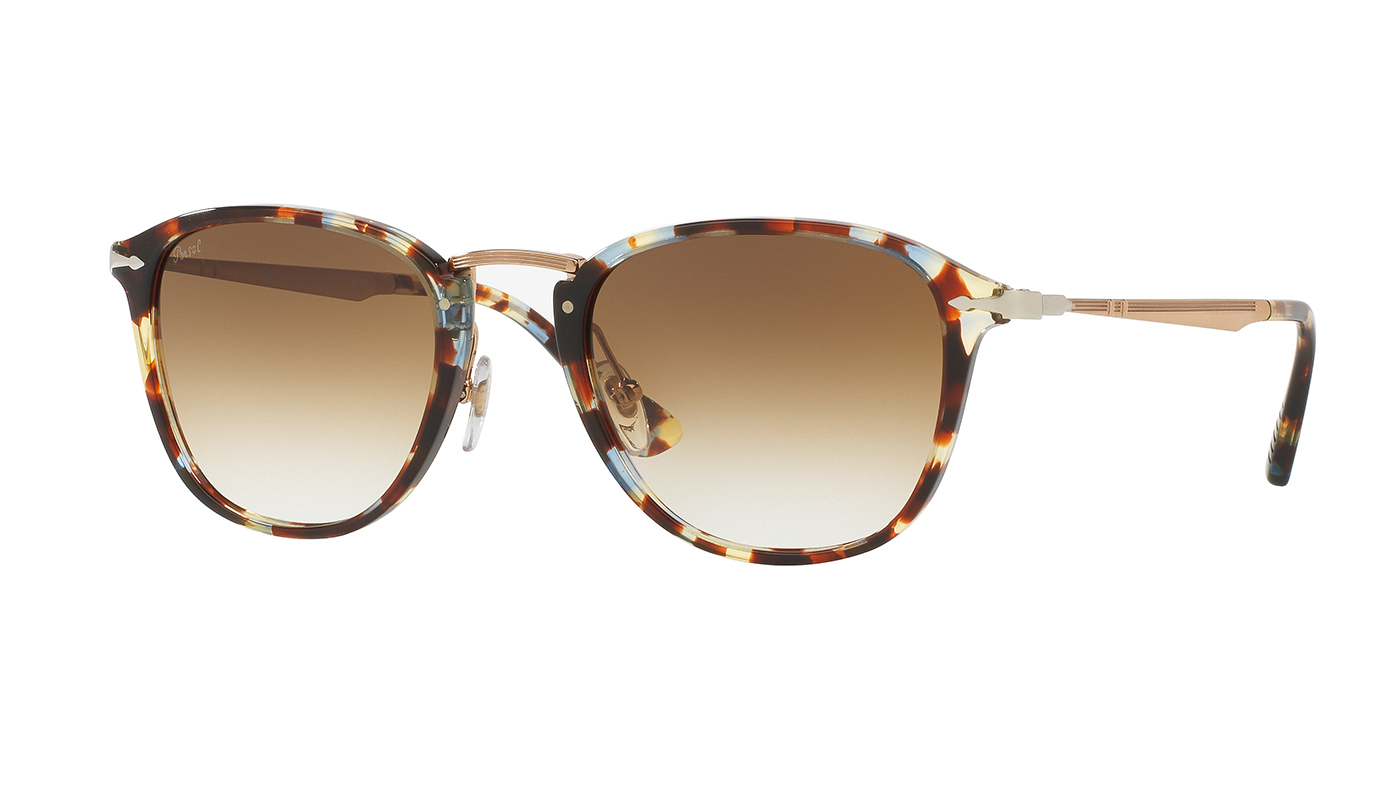
Persol PO3165S Calligrapher, £200
These beautiful, handmade, classic frames are available with a variety of lens options, including photochromic for a gradient tint.
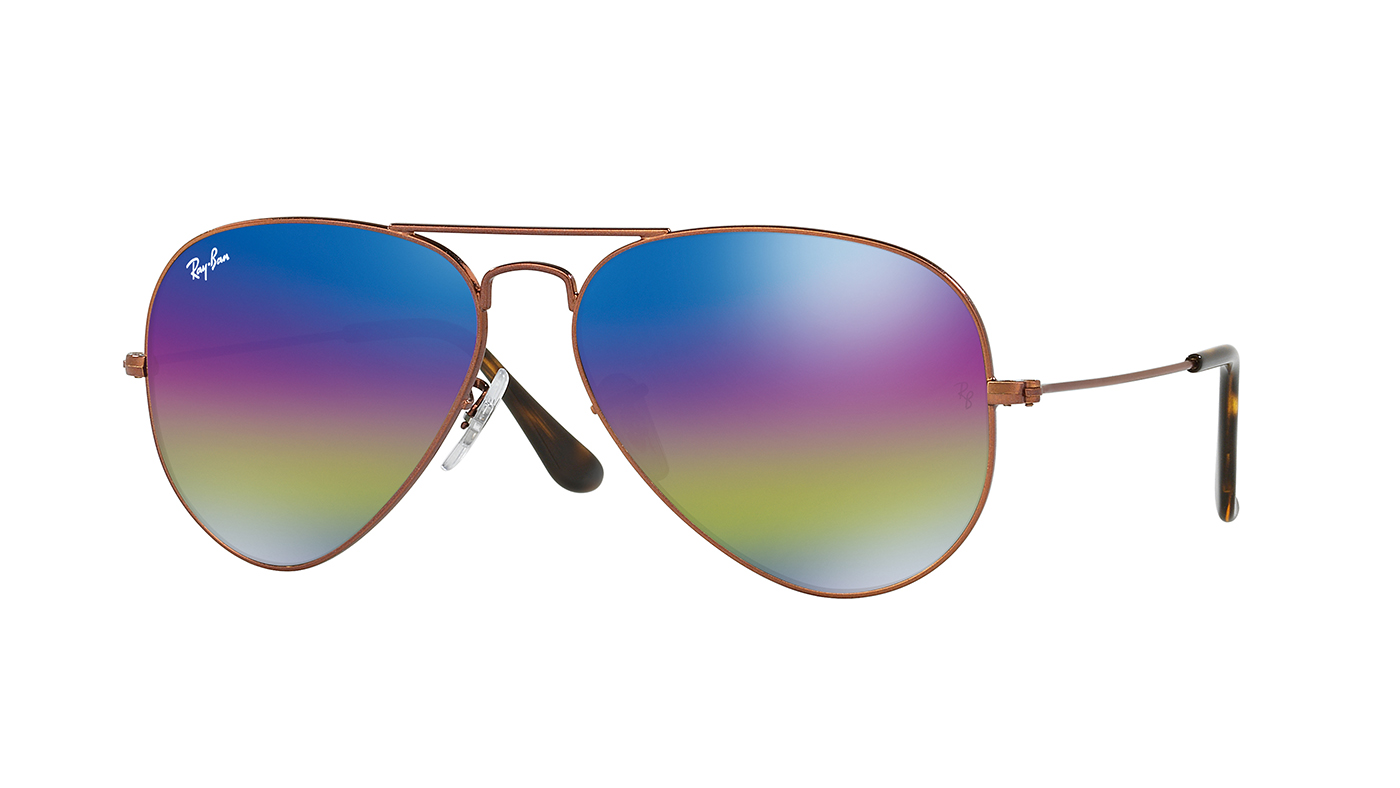
Rayban Aviators, £143
These classics are highly customisable, with multiple lens-colour options for mirrored lenses if you don't want to go full-polarised.
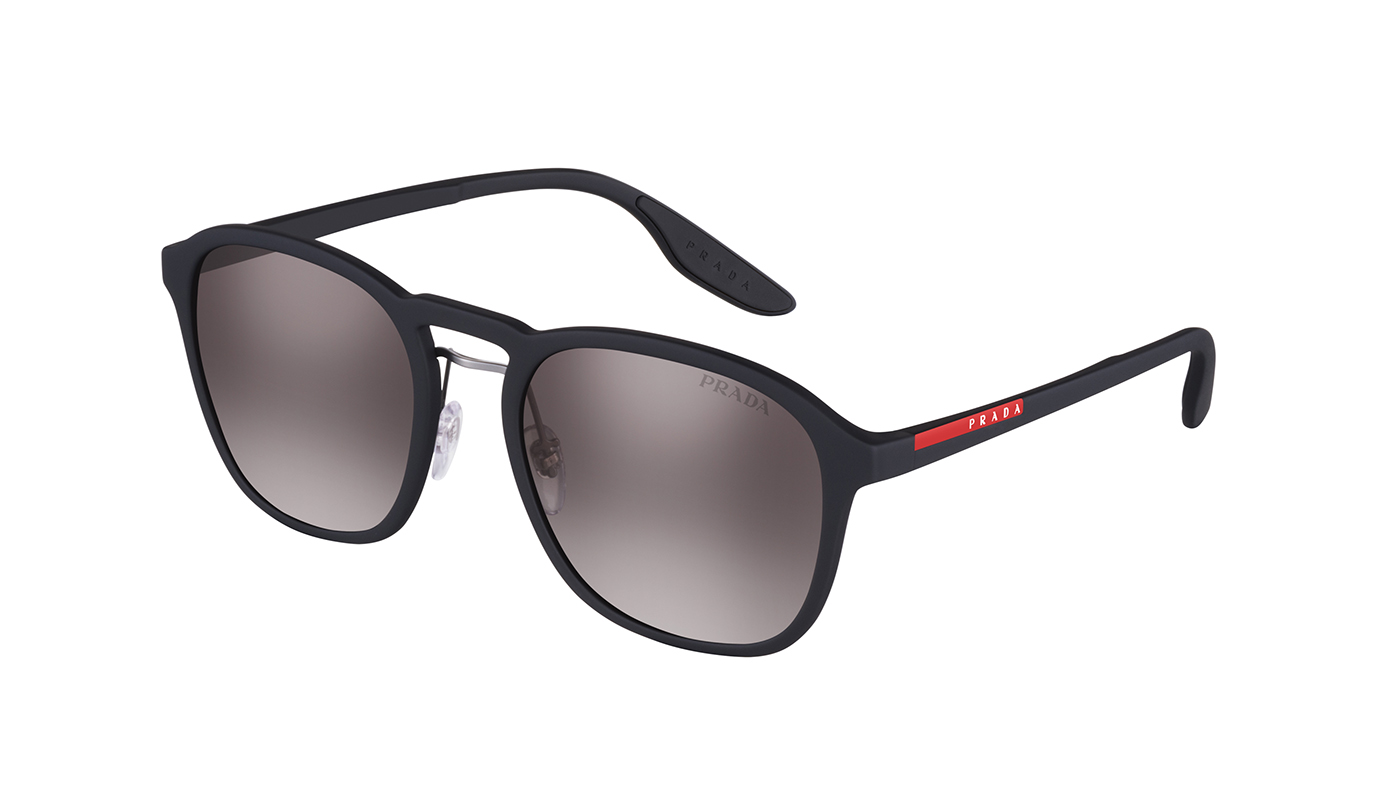
Prada Linea Rossa, £168
These frames are built for comfort and sport – and they'll look great off the slopes, too.
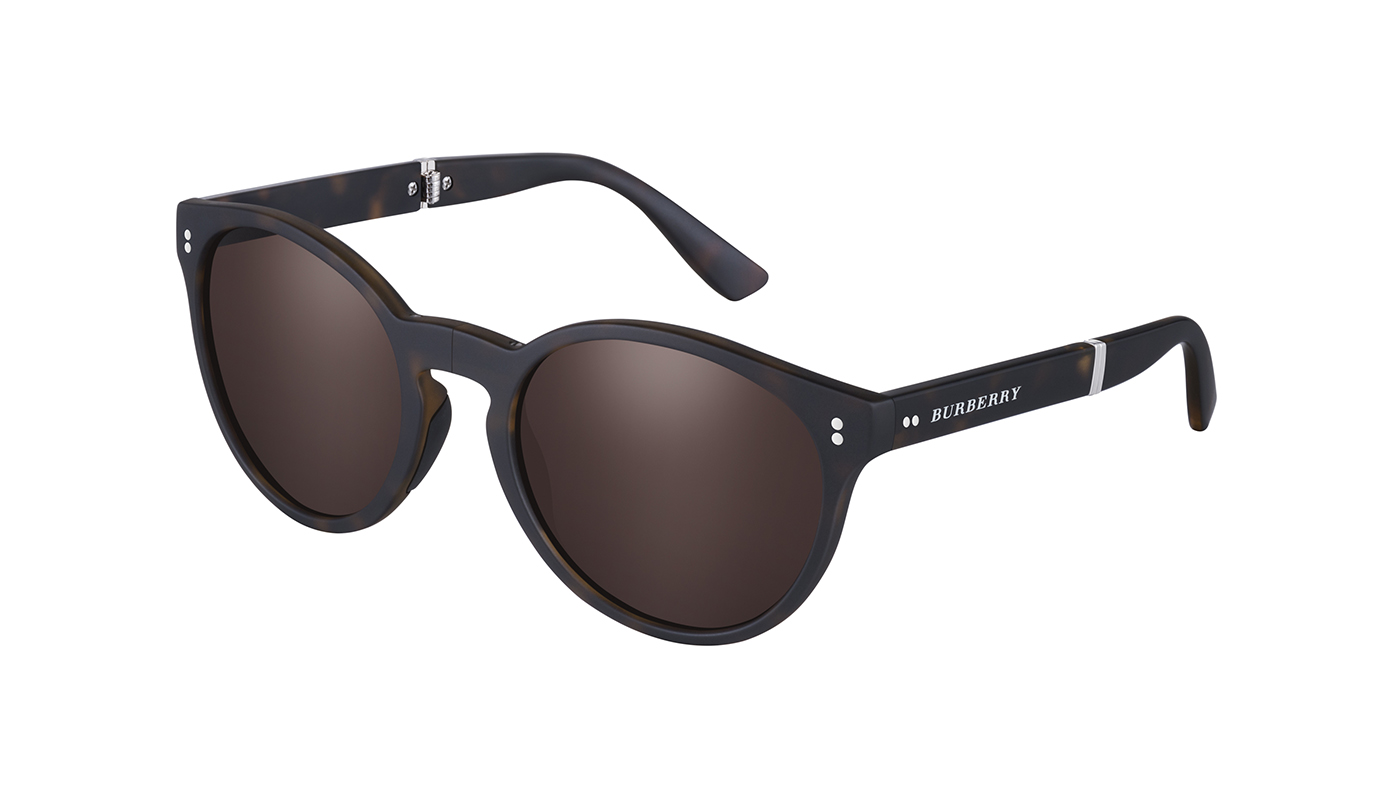
Burberry folding round frame sunglasses, £220
Perhaps more sartorial than sporty, the lenses in these beautiful folding frames nonetheless offer 100 per cent UV protection.
-
 The ‘ravenous’ demand for Cornish minerals
The ‘ravenous’ demand for Cornish mineralsUnder the Radar Growing need for critical minerals to power tech has intensified ‘appetite’ for lithium, which could be a ‘huge boon’ for local economy
-
 Why are election experts taking Trump’s midterm threats seriously?
Why are election experts taking Trump’s midterm threats seriously?IN THE SPOTLIGHT As the president muses about polling place deployments and a centralized electoral system aimed at one-party control, lawmakers are taking this administration at its word
-
 ‘Restaurateurs have become millionaires’
‘Restaurateurs have become millionaires’Instant Opinion Opinion, comment and editorials of the day